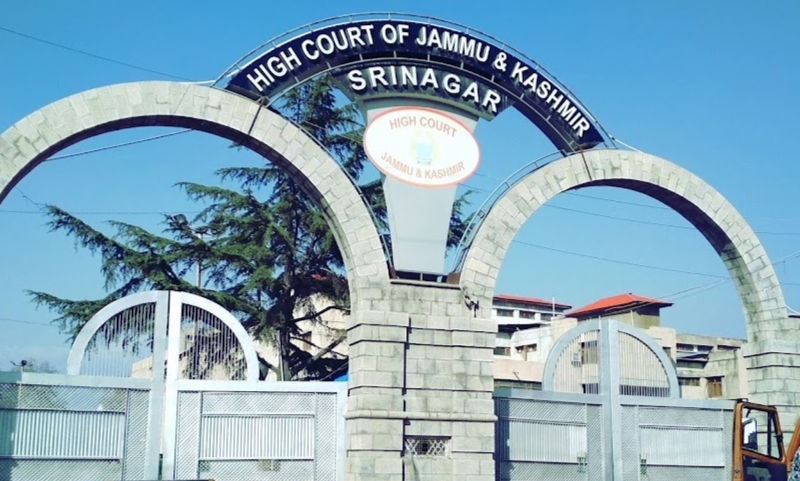The Jammu and Kashmir and Ladakh High Court recently held that control over the District Judiciary vested in the High Court in Article 235 of the Constitution of India is complete and absolute and provided only to ensure the independence of the judiciary and to achieve effective separation of powers. A Division Bench of Chief Justice Pankaj Mithal and Justice Sanjeev Kumar held that,...

